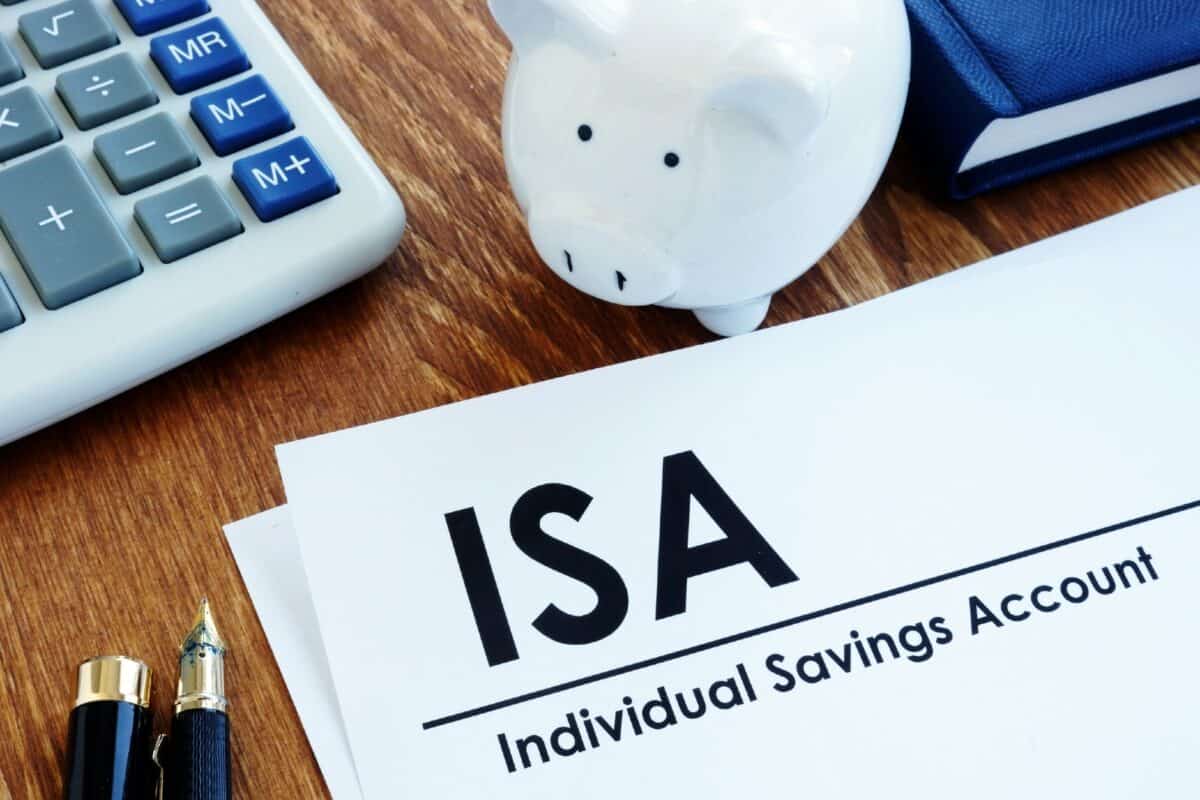To get a decent passive income from UK dividend stocks, won’t we need to invest a lot of money?
With a 5% yield, we’d need £10,000 just to collect £500 per year. So, yes, we need to build up as much as we can. But that might not be as hard as we think.
If we invest modest amounts regularly, plough our dividend cash back in, and keep on over the long term, we might be surprised by how much we could end up with.
UK dividends
Using a Stocks and Shares ISA, we can pay in small sums each month. And that lets us build up a decent investment amount. And then not worry about tax on the years of profits that we aim to achieve.
Please note that tax treatment depends on the individual circumstances of each client and may be subject to change in future. The content in this article is provided for information purposes only. It is not intended to be, neither does it constitute, any form of tax advice. Readers are responsible for carrying out their own due diligence and for obtaining professional advice before making any investment decisions.
How big a pot?
What might we hope for from our modest £200 per month? I’m going to look at two stock candidates.
Phoenix Group Holdings (LSE: PHNX) is one of them. I’ve picked it partly because it has the biggest yield on the FTSE 100 now, at 10.6%. And also because I rate it as a quality company with long-term potential.
There’s no such thing as a no-risk dividend, especially not one as big as this. The insurance sector has more ups and downs than most, and I think this one could be volatile. We can see from the above chart how poorly the share price has performed.
By my sums, £200 per month invested in Phoenix Group could grow into £155,000 in 20 years. And that could then pay £16,000 per year in passive income.
Now, I think the chances of the dividend and the share price staying the same for the next two decades are pretty much zero. But we could see share price growth. And combined with good dividends, a strong chance of a nice outcome.
Steady payer
Next up is National Grid (LSE: NG.), long seen as a reliable cash cow when it comes to long-term dividends.
We just heard that the dividend yield will be lowered as a result of a new stock issue, but we should still be looking at a yield of around 5.2%. Historically, its been steadier than stocks from more erratic sectors.
The same £200 each month invested in National Grid, again with dividend cash reinvested, could grow to a pot of £83,000 in 20 years.
And from that, the same dividend yield could pay £4,300 per year in passive income.
I think the biggest risk here is that the share price could take a hit if the firm surprises the market in any way. And we just, in fact, saw exactly that after the unexpected equity issue news.
The company is also in a regulated industry, which could restrict its earnings.
Diversified yields
But I think these two could contribute nice to a balanced ISA of, say, 10 to 15 stocks. And repeating the average Stocks and Shares ISA returns from the past decade of 9.6%… Well, I’d say that’s worth aiming for.







